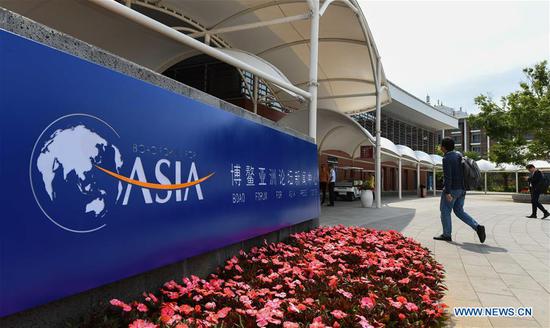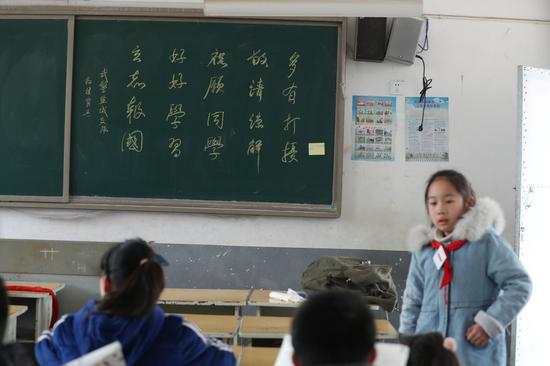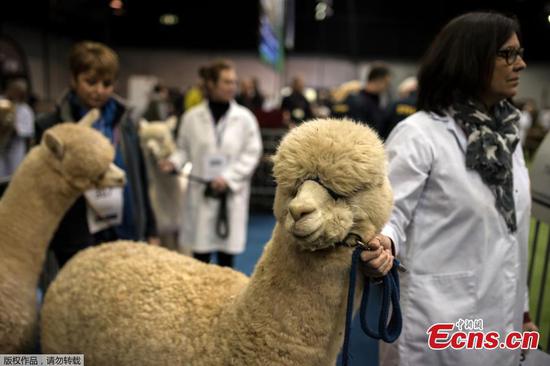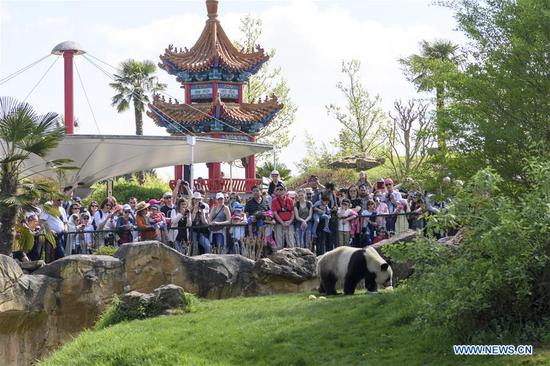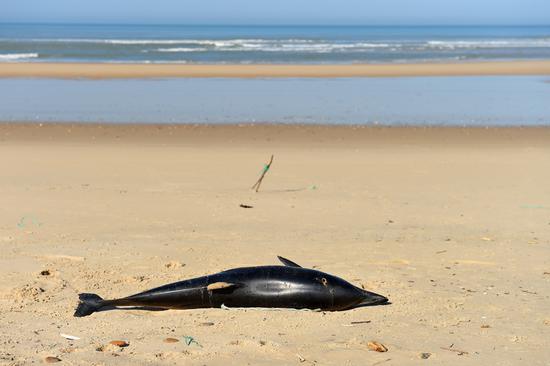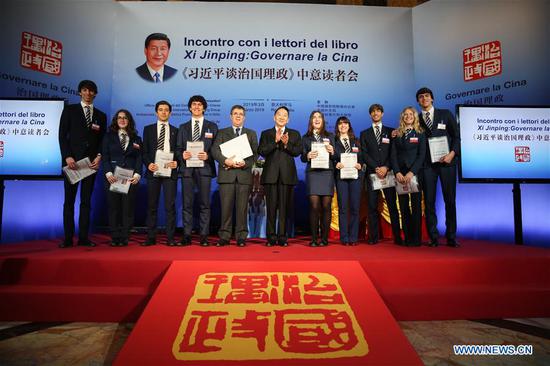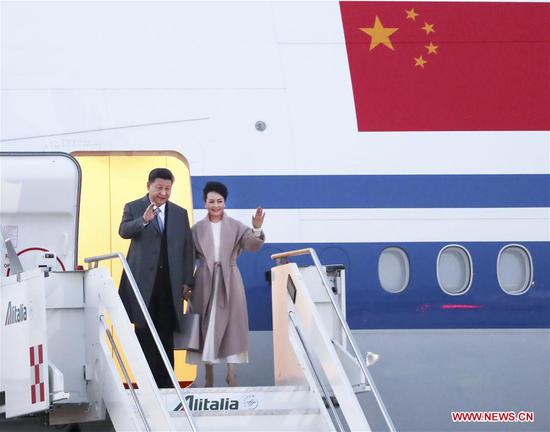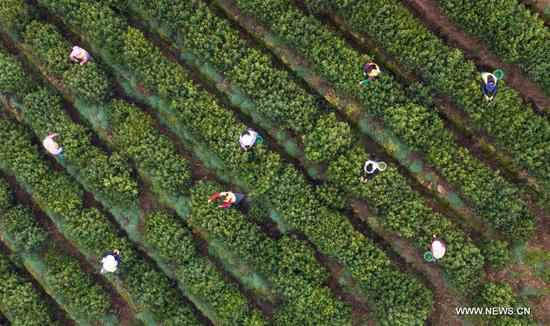Chinese customs' suspension of canola imports from Canadian supplier Richardson International after detecting "dangerous pests" is a normal practice in the global agriculture industry, experts said, adding that the move should not be politicized and relevant parties should respect China's risk assessment.
The comments came after canola seed exporters said that Chinese importers are unwilling to purchase Canadian canola seed at the moment and "urged the government of Canada to continue intensifying efforts to resolve the situation," CBC News reported on Sunday.
China has canceled a Canadian farming company's registration to ship canola to China after Chinese customs detected "dangerous pests" several times among imported Canadian canola, Chinese Foreign Ministry spokesperson Lu Kang said earlier in March.
"While there was some initial optimism that Chinese concerns with the canola trade could be resolved quickly, technical discussions to date have not indicated an immediate resolution is possible," said the Canola Council of Canada, the CBC report said.
Western media organizations have interpreted the issue as a sign of rising tensions between China and Canada, which are at odds over Canada's arrest of Huawei's executive Meng Wanzhou on behalf of the US and its decision to commence her extradition.
Ma Wenfeng, a senior analyst at Beijing Orient Agribusiness Consultancy, told the Global Times on Monday that "it's a normal practice in the global agriculture industry to halt or suspend imports if pests are detected, and the Canadian side is fully aware and should respect the process."
When it comes to food safety, China always is "super cautious," Ma said, adding that it will take some time before for the testing process to be conducted.
Mei Xinyu, a research fellow with the Chinese Academy of International Trade and Economic Cooperation, told the Global Times on Monday that China has to ensure the quality of canola imports from Canada, and prevent them from infecting domestic crops.
Mei said that although China is a major importer of canola, halting shipments from Canada will not have a negative impact on China's domestic supplies of canola oil.
"China can increase the imports of other types of edible oil to replace canola oil, such as peanut oil from Africa or palm oil from Malaysia," Mei said, adding that domestic demand for edible oil may also decrease with the increasing popularity of other types of oil such as lard oil.
The price of the most active canola contract fell to $455 a ton this week, its lowest level since 2016, the CBC report said.










